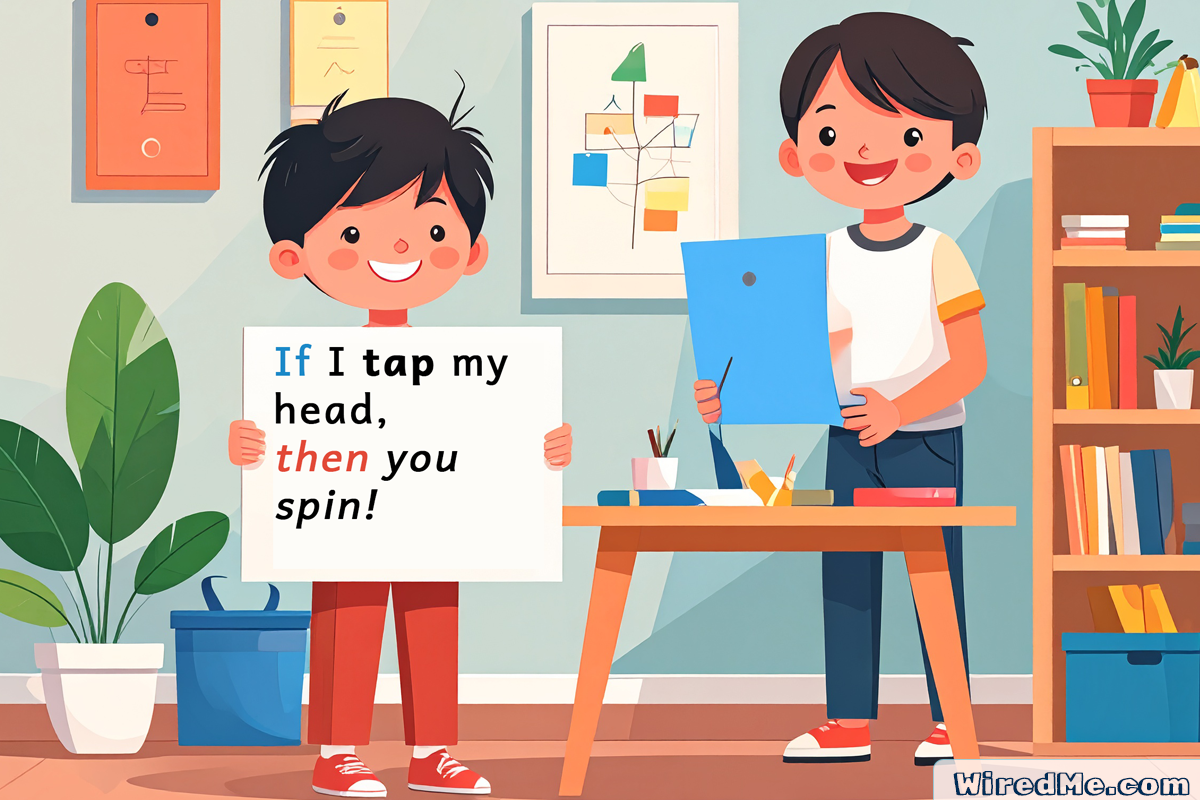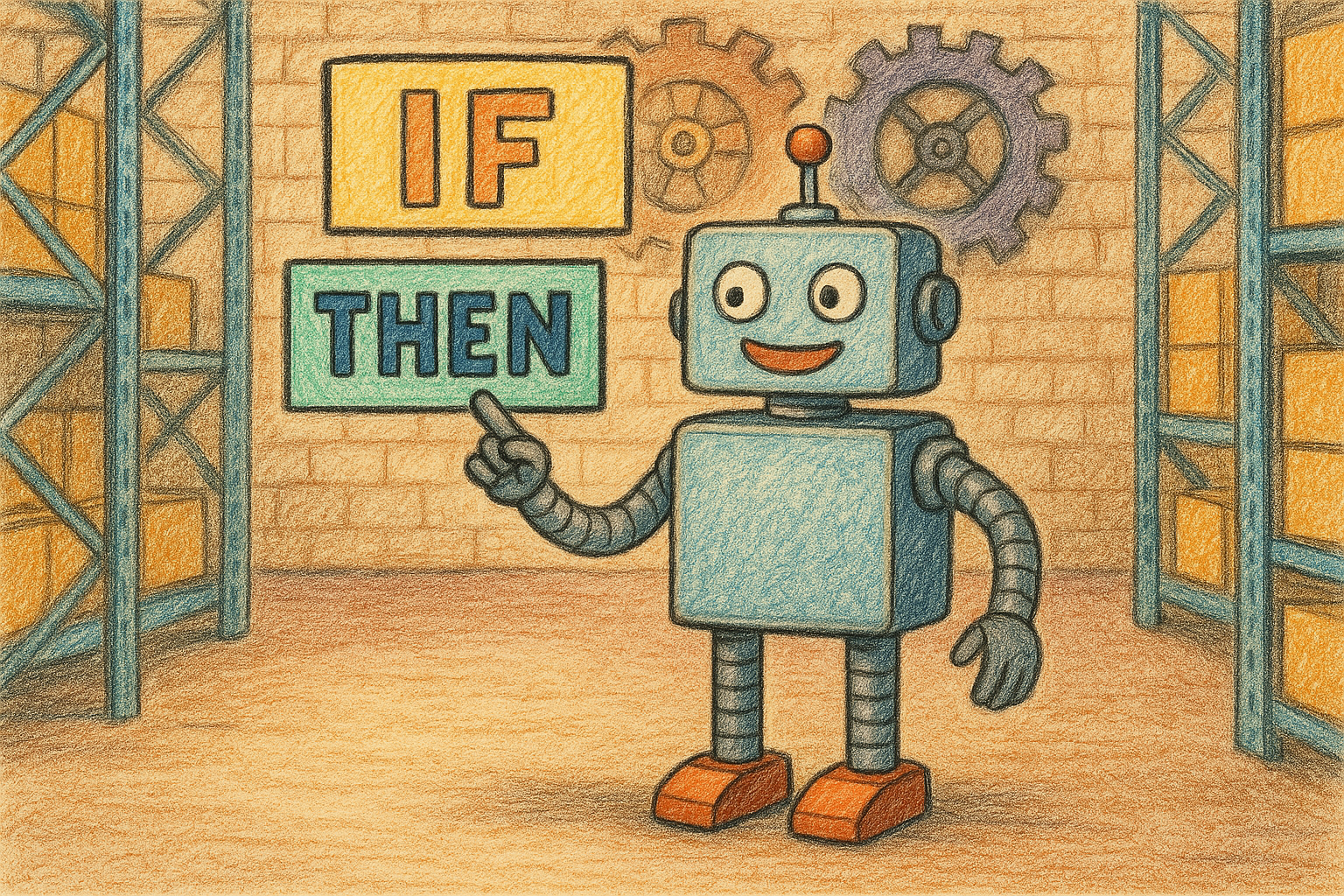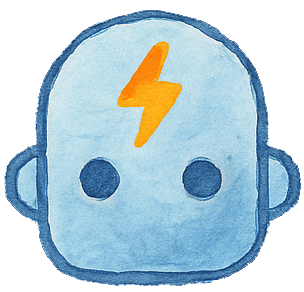Conditionals
What Are Conditionals in Coding?
In computer science, conditionals are rules that help computers make decisions. A conditional follows a simple pattern:
If something is true, then do something.
Children use this kind of thinking every day.
If it’s raining, then wear boots.
If I’m hungry, then I eat.
If the light is red, then stop.
This thinking is called conditional logic. It helps kids understand how computers make choices and respond to different situations. Learning conditionals builds strong reasoning and sets the stage for more advanced coding.
-

Conditionals for Kids: 3 If-Then Games for Better Logic
Conditionals for kids are simply rules that guide action. A conditional tells what to do when a statement is true. Kids already use this thinking every day. If it is raining, grab a coat. If snack is done, then clean up. Because the idea is familiar, we can build it into playful, screen-free practice at
-

How to Make Conditionals in Coding Easy and Fun for Kids
In my work as a developer, I constantly rely on conditionals to make decisions in the software I build. At home, when I’m teaching my kids how code works, I introduce conditionals as one of the first tools for logic. “Conditionals in coding” is just a fancy way of saying: check a rule, then make
-

The Best Unplugged Activities for Teaching Conditional Logic
Why Teaching Conditional Logic Matters Teaching conditional logic is one of the most important early steps in helping kids think like programmers. If you’ve ever said, “If you clean your room, then you can have a snack,” you’ve already used conditional logic. It’s how computers make decisions, and it’s something even kindergartners can understand with
-

If-Then Activity for Kids You’ll Love Using Again and Again
An if-then activity for kids is one of the best ways to introduce basic coding logic through movement and play. In programming, conditionals are how computers make decisions. A conditional follows a simple pattern: if something is true, then do a specific action. Kids already use this kind of thinking every day without realizing it.
